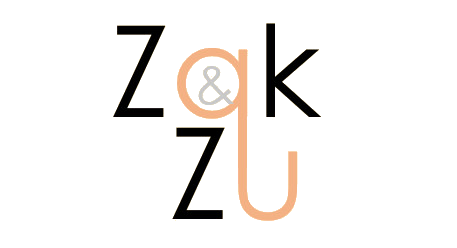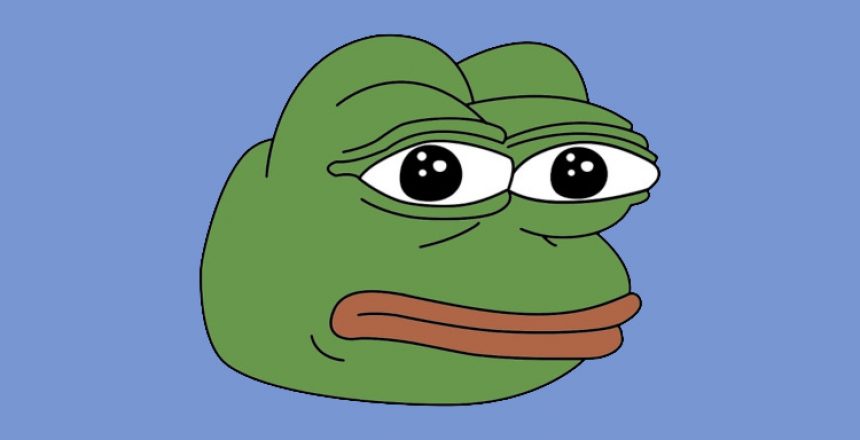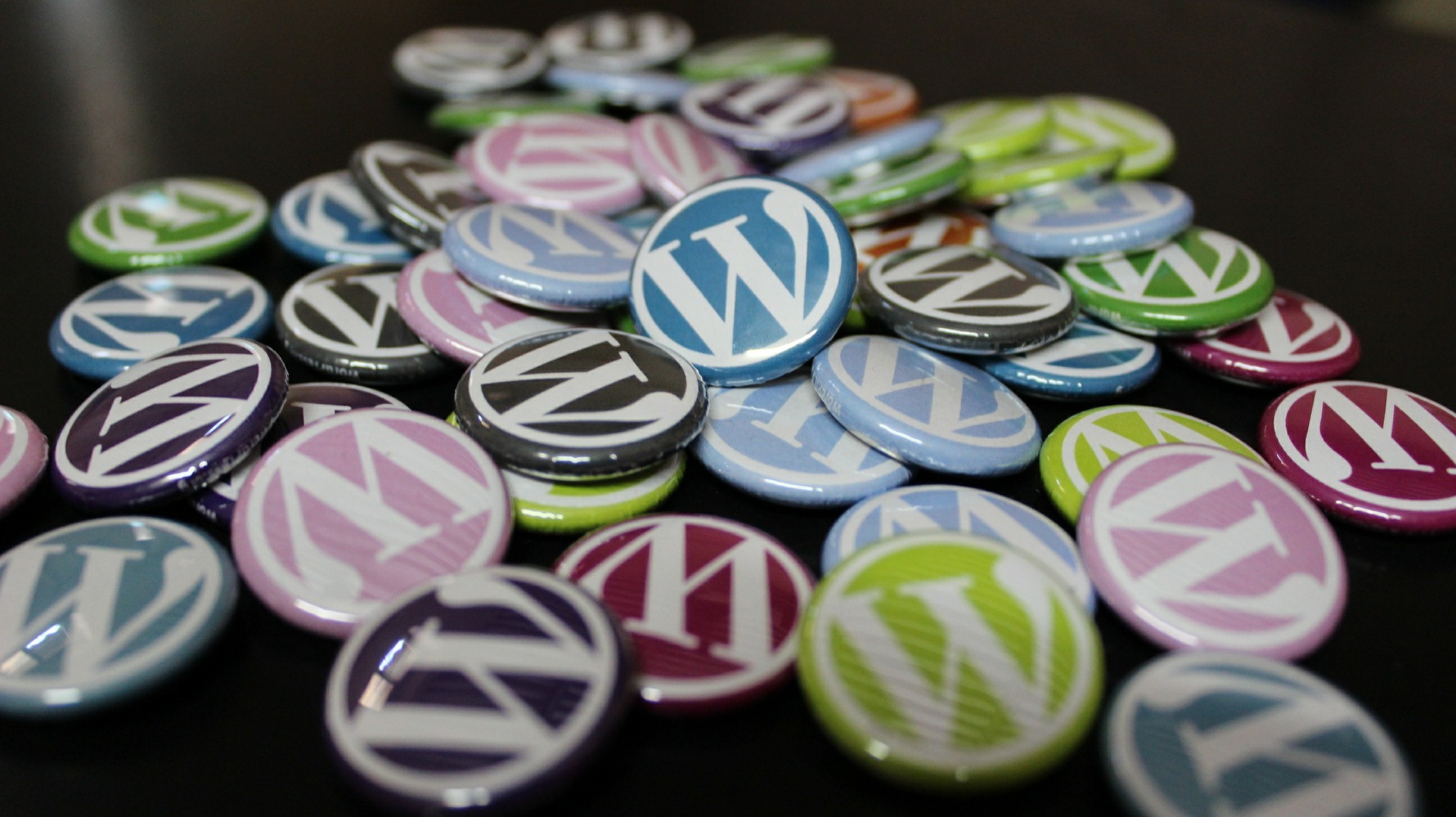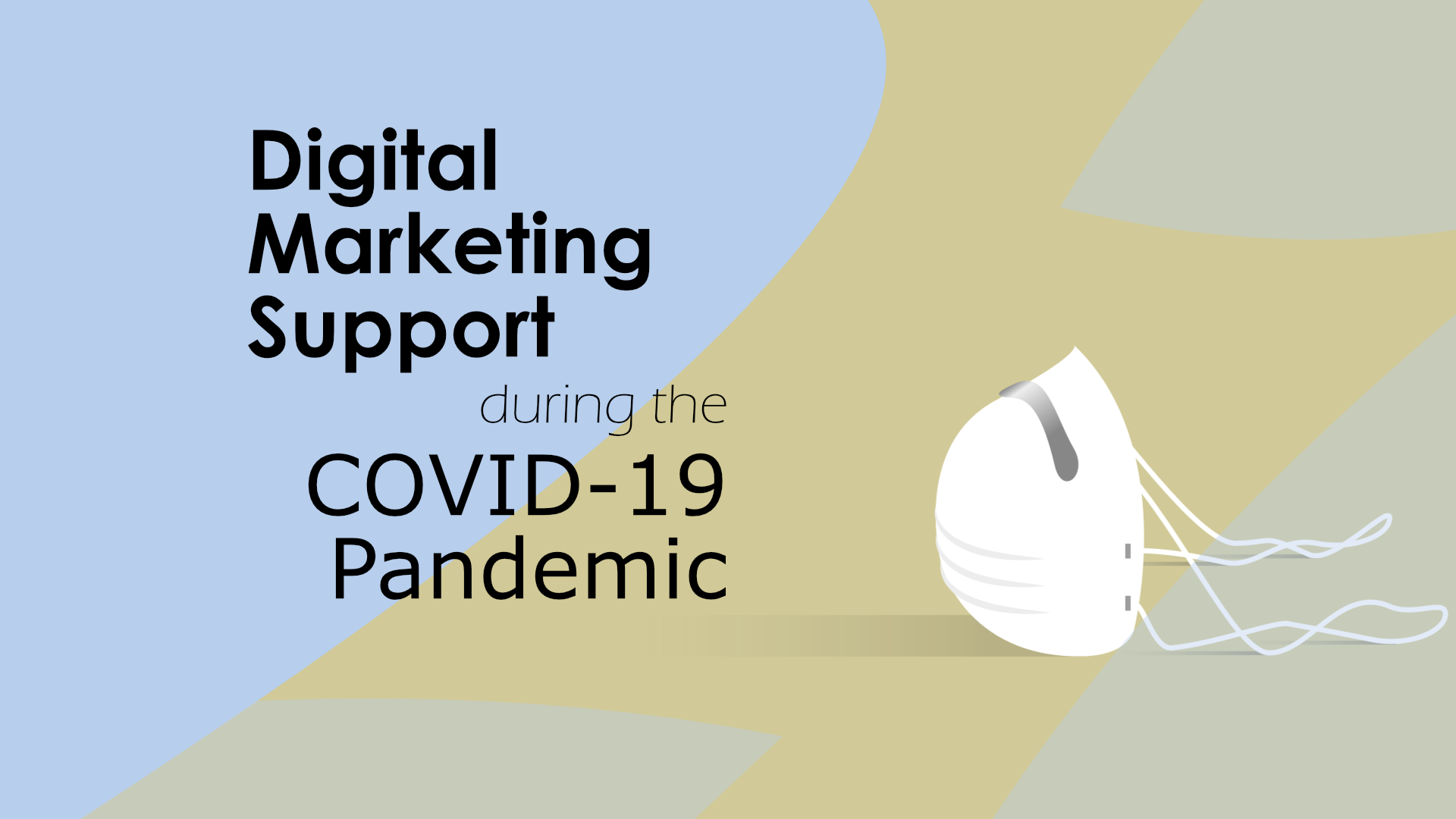Memes are so common online and so deeply embedded in internet culture that many people forget about their potential legal ramifications. The truth is that you CAN get sued for sharing memes, and it actually happens more often than you would think. If you are using memes for commercial purposes – as part of your business or nonprofit marketing – make sure that you are aware of the pitfalls and how to avoid them.
Table of Contents
Disclaimer and foreword
Please be aware that we are marketers and not lawyers. None of what we say in this post should be taken as legal advice. Laws are complex and can be interpreted in a number of different ways, so we won’t even try to get into topics like fair use. Rather we will look at some meme-related incidents and try to generalize conservative best practices from them. If you are instead looking for a legal guide on copyright law for businesses, check out this one from IP law firm Finnegan. Otherwise, let’s dive in!
Hefty costs for unlicensed use of content
You have probably come across the Awkward Penguin meme at some point (google it if not). It turns out that the penguin photo used in that meme belongs to National Geographic, and you have to pay Getty Images (a photo licensing company) to use it. This came to light a few years ago when GetDigital received a letter from Getty Images demanding 785 EUR (that’s about 941 US dollars) for using the penguin meme in one of their blog posts.
This not an isolated incident either. A google search for the now infamous ‘Getty Letter’ reveals that plenty of small businesses have received legal threats from Getty Images over use of this meme. Also, in 2013, Warner Bros and 5th Cell Media found themselves in hot water for using the Keyboard Cat and Nyan Cat memes in their Scribblenauts game without permission from the creators. Recently, rapper Ludacris faced a lawsuit from Little Things for a photo that he posted on his Instagram account. And what about the immensely popular Crying Jordan meme? The Associated Press (which owns the rights to the photo) and Michael Jordan are both keeping a close eye on the use of that meme.
Memes that are hurtful or defamatory
Another common problem pertains to memes that are hurtful or defamatory. Dancing with the Stars’ Val Chmerkovskiy learned this the hard way – in the form of a $6 million lawsuit. The issue stemmed from Chmerkovskiy tweeting out the photo of a young girl with Down Syndrome, bearing the caption: ‘Letting your kid become obese should be considered child abuse.’ The girl’s family sued Chmerkovskiy for infliction of severe emotional distress, and they also sued the photographer who took the photo for invasion of privacy. Similarly, Matt Furie recently sent DMCA take down notices to ‘alt right’ groups that he claims use his Pepe the Frog meme to promote hate. Not every such incident results in a lawsuit (many are settled following a cease and desist notice), and not every lawsuit ends up being successful. However, the damage can still be significant and long lasting.
You have a choice to make
What is the takeaway from these examples? If you come across a meme that you didn’t create, chances are that someone else owns that content. And if your meme is hurtful – intentional or not – you may also be opening yourself up to liability. You are essentially playing Russian roulette whenever you share a meme that is not your own original work or not very well thought out. Maybe you will get lucky and no one will bother you. Maybe you will find yourself facing hefty fines or a lawsuit. It is ultimately for you to decide whether you are willing to roll the dice and how much risk you are willing to take on. Hopefully we have given you something to think about the next time you are about to share a meme online.





